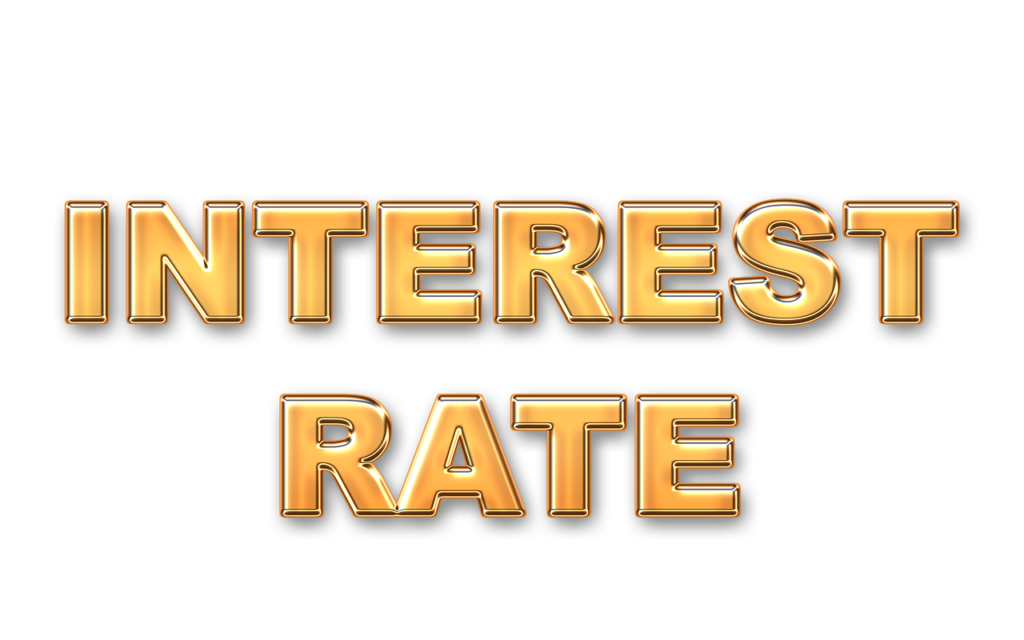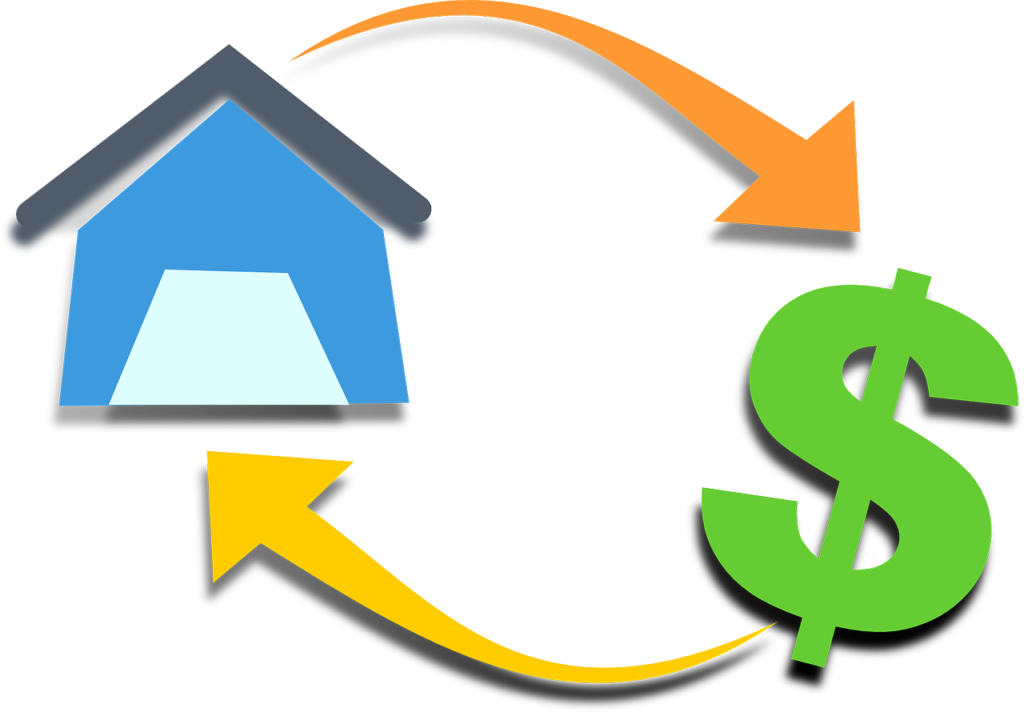Understanding Mortgage Rates: A Comprehensive Guide

One of the most important factors to consider when buying a Home Loan Interest Rates. Interest rates play a major role in determining the total cost of your mortgage, affecting your monthly payments and the total amount you pay over the life of the loan.
In this article, we’ll discuss everything you need to know about mortgage rates: how they work, what factors affect them, and tips for getting the best possible rate.
How high are mortgage rates?
A mortgage rate is the percentage of the loan amount that lenders charge borrowers to borrow to buy a home. These are essentially the cost of credit, expressed as an annual percentage rate.
Interest rates can be fixed, meaning they stay the same throughout the life of the loan, or variable, meaning they fluctuate depending on market conditions. Home Loan Interest Rates
Types of Mortgage Rates
Fixed Rates
A fixed rate remains constant throughout the life of the loan, providing predictability and stability. Borrowers who prefer consistent monthly payments often choose fixed-rate mortgages. These are especially popular in low-interest rate environments because they fix the interest rate throughout the life of the loan.
Variable Rates
Variable rates, also known as adjustable-rate mortgages, fluctuate depending on market conditions. These rates are often tied to a benchmark index such as the Prime Rate or the London Interbank Offered Rate (LIBOR). While variable rates may be lower than fixed rates initially, they can increase over time, resulting in higher monthly payments.
Hybrid Rates
Some loans offer a combination of fixed and variable rates. For example, a 5/1 ARM has a fixed rate for the first five years, after which the rate adjusts annually based on market conditions. These loans can be a good option for borrowers who plan to sell or refinance before the variable period begins.
Factors That Affect Mortgage Rates
The interest rate you are offered on a mortgage depends on several factors. Understanding these factors can help you better prepare for the mortgage application process and potentially secure a lower interest rate. Home Loan Interest Rates
credit score
Your credit score is one of the most important factors that affects your interest rate. Lenders use your credit score to assess your creditworthiness and the risk of granting you a loan. Borrowers with higher credit scores generally qualify for lower interest rates because they are considered less risky.
Loan amount and down payment
The size of your loan and the amount of your down payment can also affect your interest rate. A higher down payment lowers your loan-to-value ratio (LTV), which is viewed favorably by lenders. Additionally, jumbo loans (loans that exceed legal lending limits) often have higher interest rates.
loan term
The length of your loan term can affect your interest rate. Interest rates are typically lower for shorter loans, such as 15-year mortgages, than for longer loans, such as 30-year mortgages. However, loans with shorter terms have higher monthly payments.
economic framework
Interest rates are affected by broader economic factors, including inflation, unemployment, and the Federal Reserve’s monetary policy. During strong economic times, interest rates typically rise, while they often fall during recessions.
property type
The type of property you buy can also affect your interest rate. For example, investment properties and vacation homes often have higher interest rates than primary residences. Home Loan Interest Rates
Debt-to-Income (DTI)
Your DTI ratio, which compares your monthly debt payments to your gross monthly income, is another factor lenders consider. A lower DTI ratio indicates that your debt is manageable, making you a more attractive borrower.
How to Get the Best Mortgage Rate
A low interest rate can save you thousands of dollars over the life of your loan. Here are some tips to help you get the best possible rate:
Improve Your Credit Score
Take steps to improve your credit score before you apply for a mortgage. Pay off existing debt, make all payments on time, and avoid opening new credit accounts. A higher credit score can significantly lower your interest rate.
Save for a Larger Down Payment
A larger down payment lowers your loan-to-value ratio, which can help you get a lower interest rate. Try to save at least 20% of the purchase price of your home for a down payment.
Compare Lenders
Different lenders offer different interest rates and terms. That’s why it’s important to compare offers from multiple lenders. Don’t just focus on the interest rate; also consider expenses, closing costs, and customer service.
Consider paying points
Mortgage points, also known as discount points, allow you to lower your interest rate by making a down payment. Each point typically costs 1% of the loan amount and reduces your interest rate by 0.25%. This can be a good option if you plan to live in the home for an extended period of time.
Set your rate
If you find a good rate, consider locking it in. A fixed rate guarantees that your interest rate won’t increase for a set period of time, usually 30 to 60 days. This can protect you from interest rate fluctuations as you complete the home buying process.
Reduce your debt-to-income ratio
By paying off existing debt, you can lower your DTI ratio and become a more attractive borrower. This may allow you to qualify for a lower interest rate.
Diploma
Mortgage rates are a crucial factor when buying a home and affect both your monthly payments and the total cost of your mortgage.

Understanding how interest rates work, what factors affect them, and what strategies to use to get the best rate will help you make informed decisions and save money over the life of your loan.
Whether you’re a first-time homebuyer or planning to refinance, taking the time to research and compare lenders, improve your credit score, and review your options can help you achieve your homeownership goal while minimizing costs.
Remember, even a small reduction in your interest rate can result in significant savings, which is why it’s worth it.
